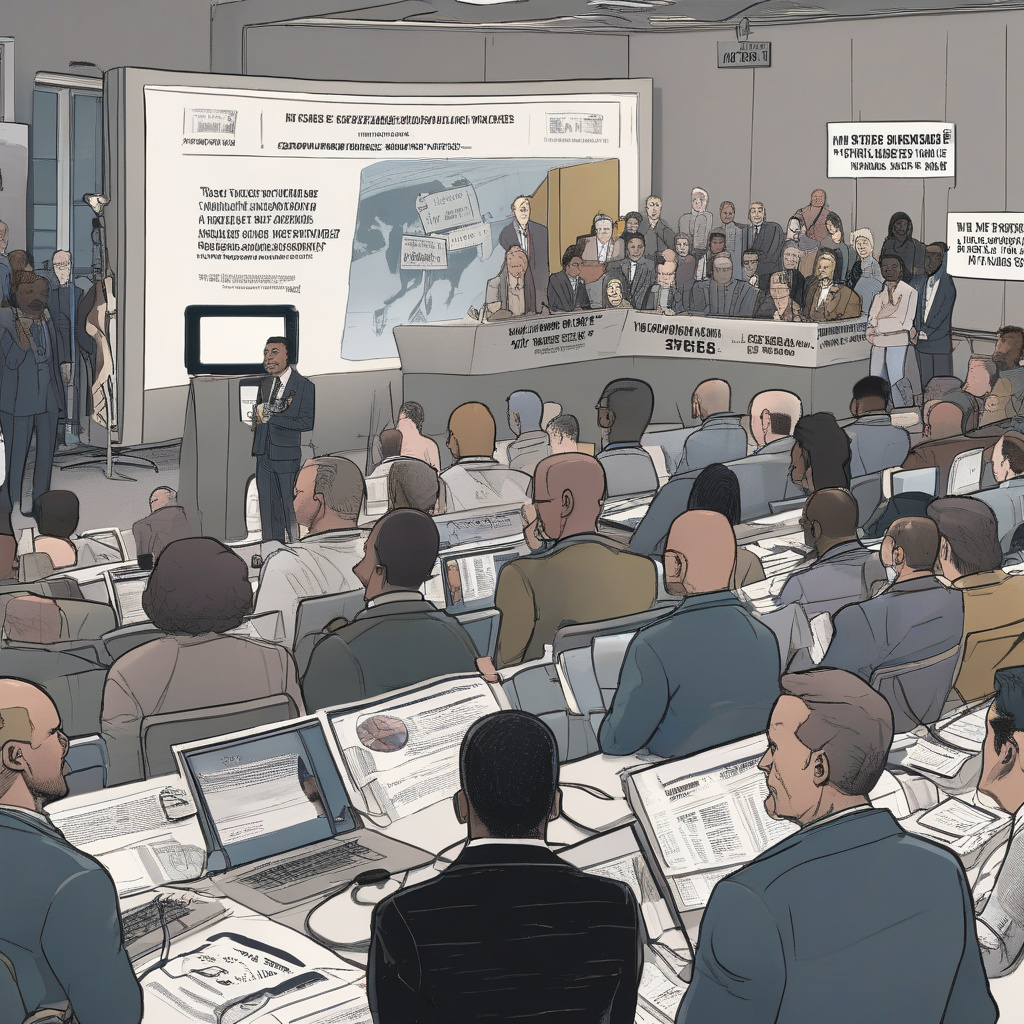OpenAI, a prominent player in the AI field, has raised significant concerns about the practices of DeepSeek, a Chinese AI lab. In a recent policy proposal aimed at the U.S. government, OpenAI characterizes DeepSeek as “state-subsidized” and “state-controlled.” These terms carry weight in the industry, suggesting that the lab’s operations may be influenced or directed by the Chinese government.
The proposal goes further to recommend that the U.S. government contemplate banning models developed by DeepSeek and other entities with ties to the People’s Republic of China (PRC). This call for action is part of OpenAI’s submission for the Trump Administration’s “AI Action Plan” initiative. By advocating for restrictions on models like DeepSeek’s R1 “reasoning” model, OpenAI is highlighting potential risks associated with AI technologies originating from state-influenced entities.
The concerns raised by OpenAI are not without merit. In the realm of AI, transparency, ethics, and accountability are paramount. Models developed under state influence might carry inherent biases or serve political agendas, raising questions about their reliability and trustworthiness. By urging for restrictions on such models, OpenAI is advocating for a cautious and principled approach to the development and deployment of AI technologies.
This development underscores the complex interplay between technology, geopolitics, and ethics in the AI landscape. As AI continues to advance and integrate into various aspects of society, ensuring that its development remains free from undue influence is crucial. OpenAI’s stance reflects a commitment to upholding standards of integrity and transparency in the AI sector, even in the face of geopolitical tensions.
Moreover, the proposal sheds light on the evolving dynamics of international competition in AI. With different countries investing heavily in AI research and development, questions of control, ownership, and influence over AI technologies become increasingly relevant. OpenAI’s call for scrutiny on models from state-supported entities is a reflection of the broader debate surrounding the geopolitics of AI.
In conclusion, OpenAI’s position on DeepSeek and similar state-influenced AI labs highlights the complexities and challenges inherent in the development of AI technologies. By advocating for restrictions on models with potential governmental ties, OpenAI is advocating for a responsible and ethical approach to AI development. As the AI landscape continues to evolve, discussions around transparency, accountability, and ethical standards will remain central to shaping the future of AI technologies.

